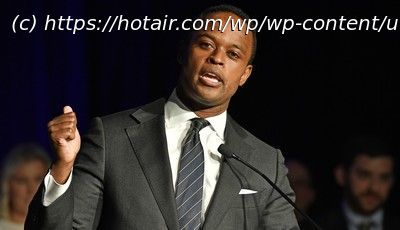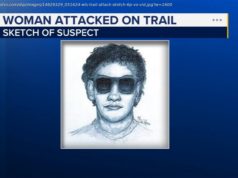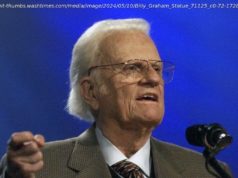And waffling on releasing the transcripts too?
Protests over the lack of homicide charges in the death of Breonna Taylor erupted last week after the grand jury only return an indictment of “wanton endangerment” against one of the police officers involved. At the time, Kentucky Attorney General Daniel Cameron announced that he had “walked them through every homicide offense and also presented all of the information that was available to the grand jury.” That left the impression that the grand jury had discerned on all possible options before restricting its actions to just wanton endangerment. However, Cameron revealed in an interview with WDRB that he actually never allowed the grand jury to consider homicide charges. Critics are now accusing Cameron of misrepresenting the handling of the case, but Cameron says he only asked the grand jury to indict what the evidence would prove in court: Kentucky Attorney General Daniel Cameron said his office did not give the grand jury in the Breonna Taylor case the option to consider murder or even lesser charges in her death. In an exclusive interview with WDRB News on Tuesday, Cameron said it was “not appropriate” to recommend charges for two Louisville Metro Police officers — Sgt. Jonathan Mattingly and Det. Myles Cosgrove —who fired shots into her apartment early on March 13, six of which hit Taylor. “They’re an independent body. If they wanted to make an assessment about different charges, they could have done that,” said Cameron. “But our recommendation was that Mattingly and Cosgrove were justified in their acts and their conduct.” Cameron’s office did recommend wanton endangerment charges for former Det. Brett Hankison, he acknowledged for the first time Monday night; a Jefferson County grand jury indicted Hankison on those charges last week. “The charge that we could prove at trial, beyond reasonable doubt, was for wanton endangerment against Mr.
Home
United States
USA — Art Hmmm: Kentucky AG changing tune on Breonna Taylor grand-jury presentation?






